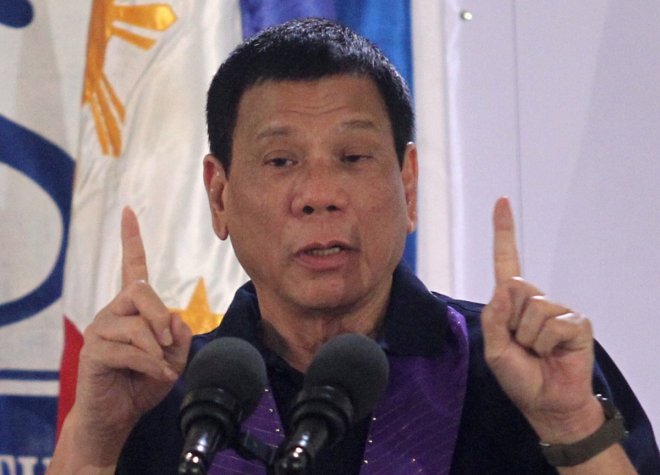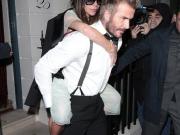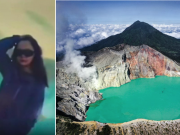
After a bitter spar with long-term ally United States, Philippines President Rodrigo Duterte is visiting China next week.
The visit assumes greater significance as it comes at a time when observers feel that the Philippines, a major non-NATO ally of the US, is pivoting away from it and cozying up with regional adversary China.
The newly elected president squared off with the US and the EU over the extrajudicial killings he ordered as part of his anti-drug war. He then cast aspersions on President Obama, using expletives to express his frustration over constantly being told by the Big Brother on how he should run his country.
All that looked fine as long as his core constituency in the Philippines was kept happy. But Duterte went ahead to launch into a bold re-interpretation of Mania's foreign policy as such.
He said he was prepared to cut ties with the US and stop being dependent on the long-term ally for the defence needs. He said the US can "go the hell" and that Philippines would stop the joint patrols of the South China Sea with the US. And he said he would import arms from Russia and China.
Giving away Scarborough Shoal?
Duterte did not stop there; it was later that he actually said things that mattered more. His comments on Manila's stance on the Scarborough Shoal dispute and the greater South China Sea conflict hinted at his intention to befriend China, the regional big bully.
When he said he was not hoping to win back the traditional fishing atoll that China forcibly grabbed in 2012, it didn't sound like a gaffe or an overdose of polemics. He sounded submissive.
"We cannot win that ... Even if we get angry, we'll just be putting on airs. We can't beat China," Duterte said.
Under Benigno Aquino III, from whom Duterte took over the reins, Manila made strident efforts to repel Chinese aggression in South China Sea. It lodged a complaint under the UN Convention on the Law of the Sea (UNCLOS) after Beijing took over the Scarborough Shoal.
In July, the arbitration court ruled that China's exhaustive claims in the South China Sea have no legal basis. China, which claims most of the South China Sea, through which more than $5 trillion of trade moves annually, refused to accept the verdict.
Beijing also called the Philippines' claims in the South China Sea "baseless" and an "act of bad faith".
All that could change now, with Duterte expressing a willingness to readjust his country's position on China.
The Scarborough Shoal, which lies about 120 nautical miles (222 km, 138 miles) from the Philippines' coast, is of huge importance to China as it looks to build a strategic triangle in the disputed seas that will be a bedrock for its future domination in the regional waters.
China has been accused by the US and its allies of militarizing the islands and atolls it controls in the waters. The US had warned China that it would be crossing a red line if it built military installations in the Scarborough Shoal.
China senses opportunity
However, that threat was predicated on the Philippines being on the US side. With Duterte in office, things have started looking different. It might still be a long shot to say Manila will ditch the US and go to the Chinese camp. But China has sensed an opportunity, as is evident in the recent statement by the Chinese ambassador in Manila.
"Ever since president Duterte took office, China and Philippines have been engaging in friendly interactions, which have yielded a series of positive results. The clouds are fading away. The sun is rising over the horizon, and will shine beautifully on the new chapter of bilateral relations," Zhao Jianhua said last month.
It will be interesting to watch Detente's body language in Beijing next week, and of course the policy statements he makes after key meetings.
"I am no American puppet. I am the president of a sovereign country and I am not answerable to anyone except the Filipino people," he had thundered. Now the question is if he will succeeed in parking the Philippines in the Chinese stable.









